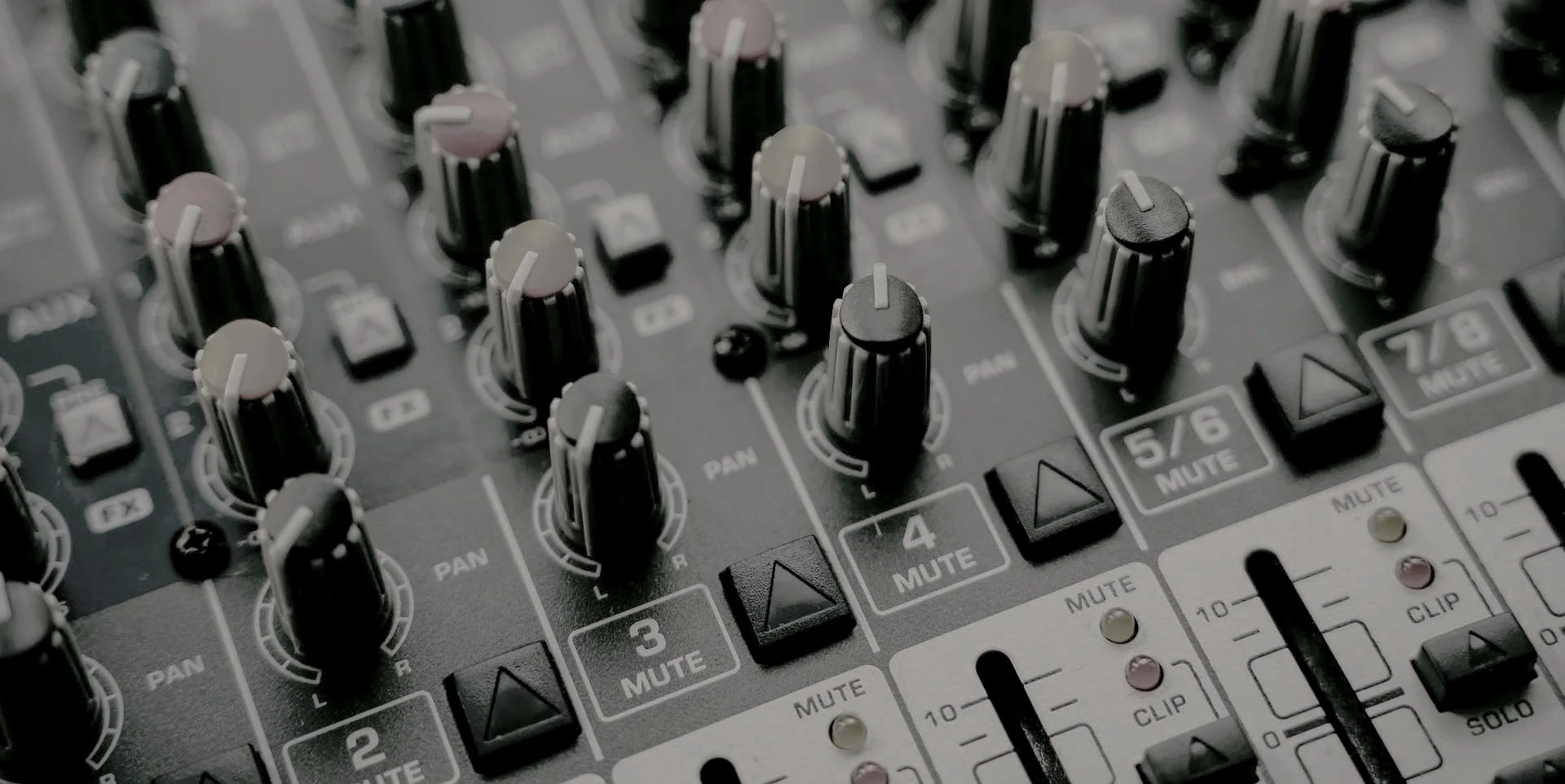Sounding your best as a podcast host
By: Michael Allen
Do you hate listening back to yourself after recording? Believe me, you're not alone. As an editor for Lead Podcasting, I've heard it countless times. But there are a few tricks we have up our sleeve to make people sound their best.
Coaching
Before we hit record, we think it's important for hosts to feel confident behind the microphone. Lead Podcasting offers tailored coaching sessions for new hosts, but there are three tips that anyone can apply to feel more confident as a host.
Know your "ins" and "outs"
Just like in radio, it's important to know how you will start and end each segment. Script what you want to say at the beginning and end of your episode. For the intro, you should say your name, show title and tagline. At the end, thank all the contributors and point listeners to specific things they can do after listening to further engage.Have phrases that help you jump around
Sometimes it's hard to naturally shift the conversation to a new topic. If you can find a natural segue, use succinct phrases like "Switching gears" or "On to the next topic" to help move along.
Approach interviews with genuine curiosity
As a listener, it's easy to tell when a host is asking a question that they already know the answer to. Approach your questioning with genuine curiosity. Do research about the facts and use that to tee up your guests to share the heart of their story. Ask about the things that can't be found through a quick Google search.
For more interviewing tactics, check out Amanda Cupido's article, Four Tactics to Strengthen Your Podcast Hosting Skills.
Recording
Just as so many of us have shifted to working from home, so has recording. There are a lot of remote recording tools that have become popular for podcasters – like Squadcast, Riverside and Zencastr. All of these tools also offer video recording.
At Lead Podcasting, we use Cleanfeed. It captures audio only and is specifically designed with tools built into the software to capture high quality audio from less than forgiving sources. After all, not everyone will have the same amazing microphone that you’ve carefully researched and built into your studio and that means you’re apt to hear inconsistencies between your tracks even within the same recording session. It also allows you to record each guest on a separate track, which helps with post-production. Speaking of that…
Post-Production
What sets a good podcast apart from a great one? You might immediately think of things like picking the perfect music, or booking a high profile guest. While all these are important, what elevates your podcast from good to great is something that when done skillfully, is invisible to the ear: editing.
Editing, when done well, should be imperceptible.
Whereas removing unwanted noise, breaths and flubs are the more obvious types of technical edits needed, a creative editor knows how to make a host sound their best, while still sounding natural.
An example I'll share is from a live-to-tape interview podcast with two hosts. It's common for speakers to talk over top of one another, aka the dreaded cross-talk.
This is where a bit of “rearranging the furniture” will make a panel guest’s point hit home with more prescience, or humorous banter land with an organic sounding setup and payoff.
You can hear the difference between the raw and the edited version. For this episode, I spaced out each of the guests and removed the cross-talk (which was possible because of the multitrack recording with Cleanfeed). It's evident how important it is to alter the pacing and include a beat so the content can breathe (and ensure everyone can be heard).
This kind of editing is powerful. An appropriately placed silence following an emotionally charged statement or question can hit the listener just like a perfect bass drop. Likewise in comedy a beat can prompt a laugh even before the punchline.
Like What You Hear?
As audio professionals, we listen with a collaborative and a technical ear. We apply our craft to not only help you find your voice in the Podcast landscape but bring your production to the level that will see your audience grow. It’s your show and we’re here to make you sound your best. If you're interested in working with editors who take this kind of approach when making podcasts, shoot me a note michael@leadpodcasting.com

